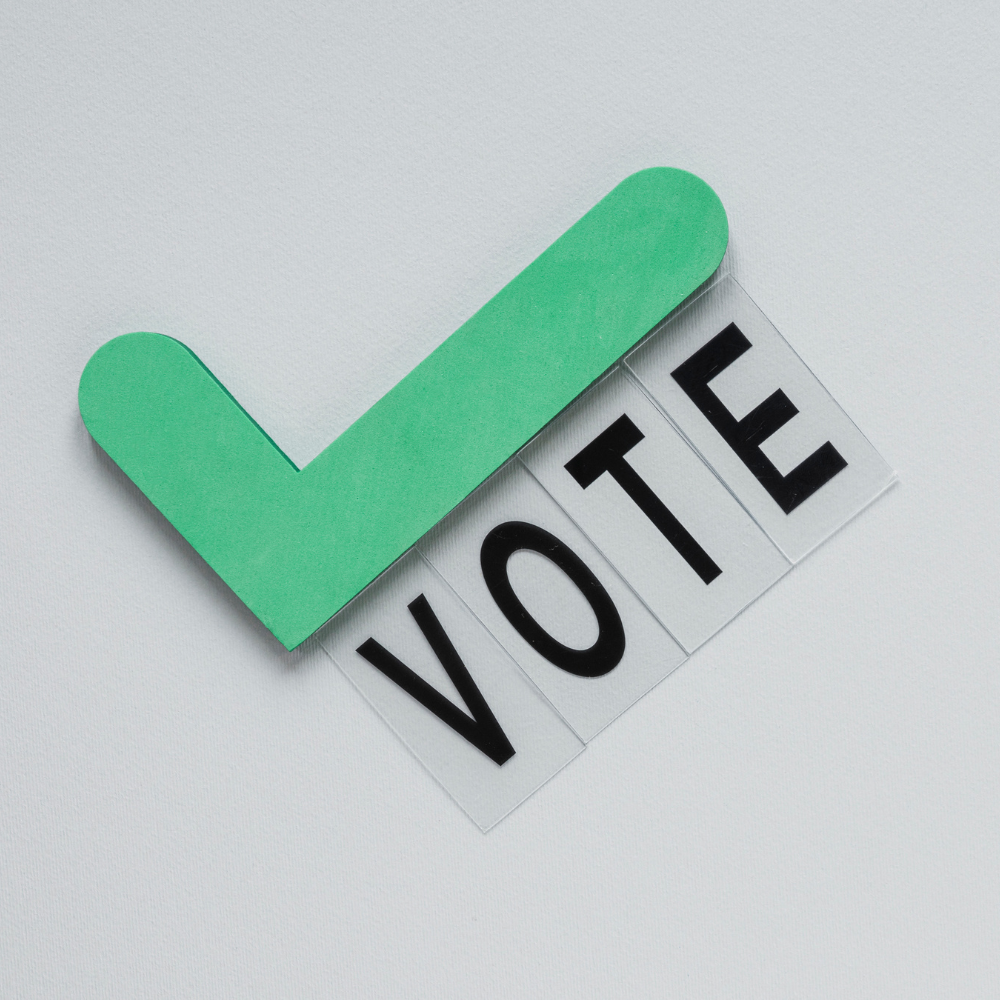
In the ancient city of Antakya in southern Turkey, there is no election fever, all that is left is debris and suffering. In imminent elections for parliament and the presidency on May 14, Turkey's Islamist leader appears more vulnerable than ever.
If the authoritarian Erdogan era comes to an end, Turkey should become more democratic and free. There may be fewer prisoners and less tension with the West. In the run-up to the election, Turks have had numerous grievances, ranging from the state's sluggish response to February's earthquakes to a crumbling economy. The official rate of inflation is 50%. The actual number may be much higher. Experts cite the president's "unorthodox" economic policies as the cause. Here in southern Turkey, mortality overshadows politics and economics.
The official death toll from the deadliest natural calamity in modern Turkish history exceeds fifty thousand. Many believe the actual number is significantly higher, and that the government has ceased tallying.
Walk through the remnants of Antakya, a melting pot of civilizations and religions, and you can see the results. The history of centuries has been reduced to a patchwork of ruins and voids. Some multi-story buildings have been overturned, while others have been torn apart like grotesque dollhouses. Many people succumbed while waiting in vain for aid. However, in this profoundly polarized nation, the earthquakes represent yet another fissure.
Numerous supporters of the president concur with his view that it was fate. His leadership remains a matter of faith among his religiously conservative support base.
Polls conducted after the earthquakes indicated only a slight decline in support for the president, who apologized for the state's slow response. He has also pledged an ambitious, albeit unrealistic, reconstruction plan.
Political analyst and pollster Can Selcuki of Istanbul mentioned that it will not affect Erdogan. This election concerns identity. Those who desire him will desire him regardless of everything else.
After more than two decades in power, the Turkish leader faces a formidable, if affable, opponent. Kemal Kilicdaroglu is the candidate of a secular opposition coalition. Kilicdaroglu, who is renowned for making election videos while seated at the kitchen table, has a slight lead in the polls. In an interview with the sources, the former civil servant pledged to restore freedom and democracy to Turkey, as well as to reorient the country towards the West.
However, many do not dismiss the president just yet. This includes Lutfu Savas, the mayor of Antakya, who is a member of Kilicdaroglu's party.
President Erdogan and his Justice and Development (AK) Party will undoubtedly benefit from his control over the Turkish media. According to sources, the government controls 90 percent of the national media.
What occurs here is significant beyond Turkey's borders. The nation is a regional powerhouse, confronting both the East and the West. Its neighbors and NATO allies will be attentively observing.
Many analysts assume the election will proceed to a second round on 28 May, as neither candidate will receive more than 50% of the vote in the first ballot.



